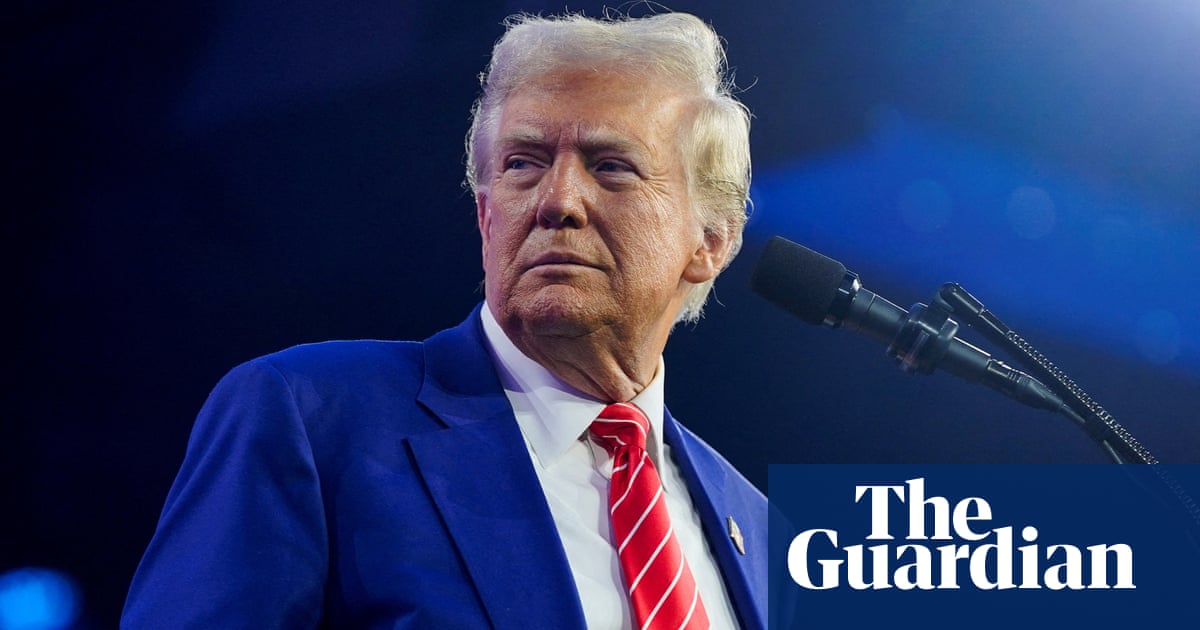London
CNN
—
US President Joe Biden has quadrupled tariffs on electric vehicles from China to 100%, effectively sealing off one of the world’s biggest passenger car markets to the largest global producer of EVs.
“I’m determined that the future of electric vehicles will be made in America by union workers,” Biden said Tuesday. But the real battleground over EVs may lie far beyond US shores — in Europe.
The United States currently buys very few EVs from China. It’s a very different matter in Europe — by far the biggest export market for Chinese EV manufacturers. Washington’s drastic measure piles pressure on the European Union to defend its automakers, which are likely to face even fiercer competition from Chinese EV imports if they’re all but priced out of the United States.
Joseph Webster, a senior fellow at the Atlantic Council, said the latest US tariffs on EVs and other goods from China, including semiconductors and batteries, might “force Brussels’ hand” since higher US tariffs could divert much of the trade to Europe.
“Brussels will have to act quickly, either to put its own tariffs in place or to accept a flood of Chinese-made products,” he added in comments on the think tank’s website.
The EU is already investigating state support for Chinese EV makers and, if it finds that their prices are artificially low, it will announce extra import duties by early July. Brussels suspects that subsidies by Beijing may be creating unfair competition for European carmakers.
Agatha Kratz, a director at research provider Rhodium Group, said the hike in US tariffs on Chinese EVs makes it “easier” for the EU to take its tariffs “all the way to 30%,” triple their current level.
But it would be “very hard” for Brussels to match US tariffs, she told CNN. The EU “can’t justify going much higher (than 30%) as the duties need to be aligned with the findings of the investigation on the scale of subsidization in China.”
“This means that the EU will need to explore other tools and defensive instruments to try and stem the flow of China-made EVs coming into Europe,” she added. They could include measures targeting data security, and strict enforcement of environmental and labor standards.
According to Citi, the EU accounted for 36% of Chinese EV exports last year, more than the next five largest markets combined. By contrast, the United States currently receives just 1.1% of China’s EV exports. That amounts to less than $365 million, according to consultancy Capital Economics.
Chinese brands enjoy much lower production costs than their European rivals. This means that duties of 40% to 50% would probably be necessary “to make the European market unattractive for Chinese EV exporters,” Kratz and other researchers at Rhodium Group argue.
For BYD, China’s biggest EV maker, the tariffs would likely have to be even higher to be effective, they add. Duties at such levels are unlikely, however, according to Rhodium Group.
That’s also because they could ultimately hurt European automakers, many of which manufacture cars in China that they then sell in Europe.
On an earnings call with reporters last week, BMW CEO Oliver Zipse warned Europe to proceed with caution.
“We don’t think that our industry needs protection,” he later told analysts, adding that operating on a global basis is an advantage. “You can easily endanger that advantage by introducing import tariffs.”
The EU will also want to avoid provoking retaliation from Beijing, which could make life difficult for European carmakers selling in China.
“The EU’s situation is very different than the US… since the German automakers rely so heavily on the China market for significant sales (and) profits,” said Tu Le, managing director at Sino Auto Insights, a consulting firm. “That makes the chances of (the EU) doing something heavy-handed very low.”
Biden’s tariffs speak to a growing sense of urgency among Western officials to prevent domestic jobs and strategically important industries from being wiped out by cheap Chinese imports.
As a trade partner, China is more important to the EU than to the United States — crucially, it represents a much bigger market for EU goods exports. Nonetheless, Brussels is taking a more protective stance on trade.
In addition to the probe into Chinese EVs, the EU is investigating alleged dumping of industrial products by China or unfair state support for Chinese makers of wind turbines.
“The EU is using its whole toolbox at the moment to defend its economy and European jobs from what it perceives to be unfair trade practices from China,” said Kratz from Rhodium Group, who suggested the EU and China are already engaged in a low-level trade war.
“I’d say we are entering a very tense period in terms of trade interactions and trade defense,” she added.
The United States may also pressure the EU and other allies to reduce their reliance on trade with China, as it has successfully done with semiconductors.
In a statement announcing the tariffs Tuesday, the White House said it would continue to work with allies “to strengthen cooperation to address shared concerns about China’s unfair practices.”
Leaders from the Group of Seven developed economies will discuss how to protect their industries from Chinese competition at a summit in Italy next month.
“The next few weeks will be telling,” said Josh Lipsky, a senior director at the Atlantic Council. “If Europe and the G7 countries match or mirror US policies… it may cause Beijing to realize that this time is different,” he wrote in comments Tuesday.
“On the other hand, if Europe hedges (its bets), coming out of its own anti-dumping review, it could affirm China’s view that their challenge is primarily with the United States, not the rest of the advanced economies.”
Juliana Liu in Hong Kong contributed reporting.









